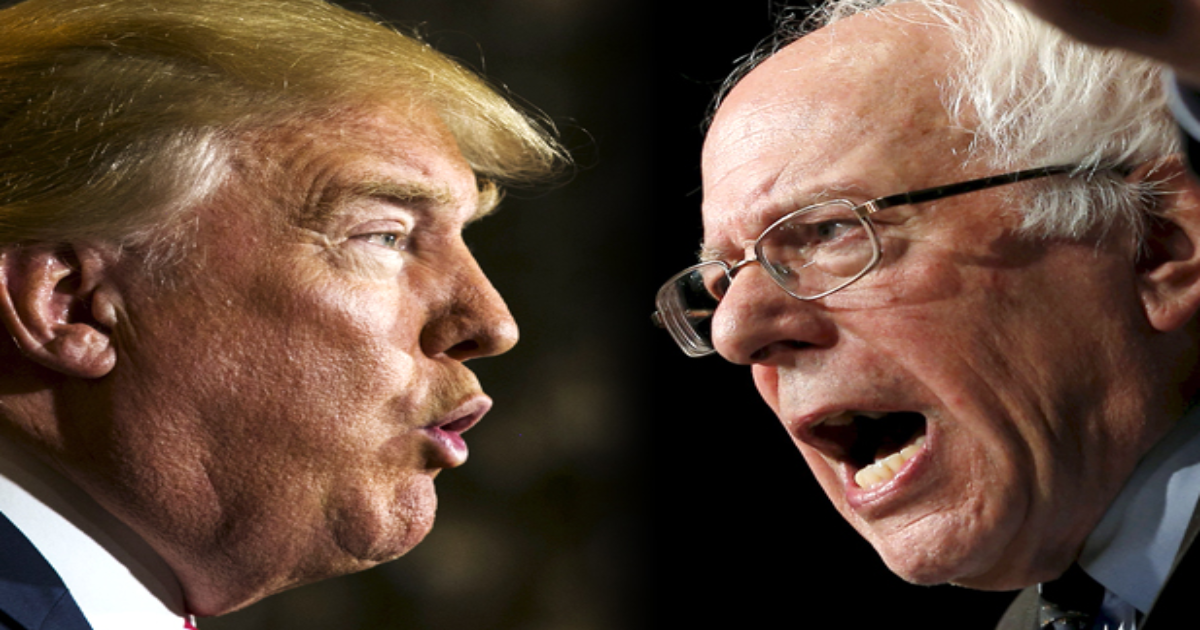The U.S. Department of Justice is investigating the possibility that over 50 banks may have enabled payday lenders and payment processors to siphon billions of dollars from customers’ accounts illegally. The DOJ has subpoenaed the banks and their payment processors in relation to the allegations.
The DOJ launched “Operation Choke Point” to find out if small and big banks allowed payday lenders to illegally siphon money from their customers in exchange for lucrative fees. Payday lenders are financial groups that offer short-term loans with APRs that sometimes exceed 500 percent. And banks can stay in the background as these third party payment processors aid in avoiding government scrutiny of transactions.
The Bank Secrecy Act forces banks to conduct internal checks against money laundering and requires banks to report any suspicious activity that could point to money laundering. Using third party institutions, like outside payment processing services, has enabled the banks to avoid these parameters of the Bank Secrecy Act.
The DOJ has already made its first move by bringing a lawsuit against Four Oaks Bank of Four Oaks, North Carolina, alleging the bank’s “‘deliberate ignora[nce] in that it was processing payments on behalf of unscrupulous merchants.” Four Oaks customers lost about $2.4 billion because the bank allowed the payday lending companies to withdraw from customer accounts.
Four Oaks agreed to a tentative $1.2 million settlement with the federal government; however, documents have shown that bank executives turned a blind eye to this mass theft. Government officials believe this effect ripples outward to other banks, as well. In the end, the bank accrued hundreds of thousands of dollars while its customers were being ripped off by these payday lenders.
Pinning these criminal actions on the banks will prove to be uneasy because they do not typically have a direct relationship with Internet payday merchants. The services are provided through a third party processor that handles merchant customer payments. This arrangement creates a disconnect between the banks and its customers.
Conservative, pro-corporate politicians have been chiming in, favoring the payday lending industry. Rep. Darrell Issa (R-Calif.), head of the House Oversight Committee, said that federal investigators are just trying to “covertly quash the payday lending industry.”
Payday lenders give short-term loans that carry high interest rates. In November, the Office of the Comptroller on the Currency and the Federal Deposit Insurance Corp. issued guidelines on the payday loan industry to curb such high interest rates. Financial regulators say that these restrictions will protect consumers from falling into a potentially damaging debt cycle.
These high-speed loans also cause problems for banks. Payday loans don’t usually undergo a risk assessment by the banks, therefore, a potentially high risk lienholder could further indebt themselves and damage their credit score if unable to pay back the loan. This mode of high-speed lending mimics the “HSSL,” or “High Speed Swim Lane,” program implemented by Bank of America.
The HSSL program issued high-speed loans to borrowers without running the loans or the potential lienholder through any kind of quality check. The program resulted in worthless loans given to borrowers unable to pay back the loan, which contributed greatly to the 2008 financial crisis.
Josh is a writer and researcher with Ring of Fire. Follow him on Twitter @dnJdeli.

